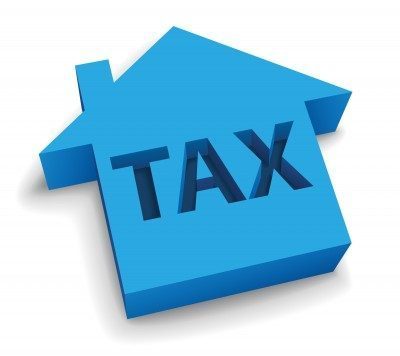
How can landlords be more tax efficient in the new financial year?
As we sit on the cusp of the first Budget for some time and the start of a new financial year, the issue of tax will undoubtedly rear its head and generate many column inches.
In recent times, tax and regulatory changes have been plentiful in the buy-to-let sector and landlords across the UK will be hoping that the Government relents on any further negative action.
The next few weeks will already see changes in the way landlords operate as they won’t be able to claim any tax relief on mortgage interest payments at all. Instead, from April 2020, landlords will receive a 20% tax credit on their interest payments. This deadline ensures that the issue of tax remains at the forefront of landlords’ minds as many will seek alternative ways to become more tax-efficient.
In terms of product support in this area, the growth in the appeal of limited company buy-to-let offerings continues to rise with product numbers accelerating and competition from lenders pushing down rates. We have seen sustained uplift in limited company enquiries over the past 12 to 18 months but there is still some landlord uncertainty around this type of vehicle and the tax implications/benefits. This uncertainty further emphasises the importance of the advice process and the value this can offer for a variety of landlords from both a product and tax perspective. Although it appears that large numbers of landlords are still not maximising the specialist advice on offer.
In addition, the landlord research – undertaken by BVA BDRC and carried out in January 2020 – asked landlords to consider the cost of their buy-to-let mortgages over the duration of 2020. 40% felt their mortgage costs would increase, 47% said they felt they would stay the same, while 13% said they thought they would go down. Those landlords with bigger property portfolios – 20 plus – were more likely to say their mortgage costs would go up.
It’s surprising to see so few landlords saying that they don’t utilise the expertise of a tax adviser or that such a small proportion went down this route due to a recommendation from their mortgage broker. A good, modern mortgage broker will be home to a robust referral process and incorporate a raft of introductory arrangements with trusted affiliate partners to help meet a wider range of client needs, including those of landlords.
They will point landlords in the right direction when it comes to better servicing the needs of their portfolios, especially in what remains a challenging tax/regulatory climate and I urge landlords to seek specialist advice where appropriate.


If you have any comments, please email the author of this article and click on the link above